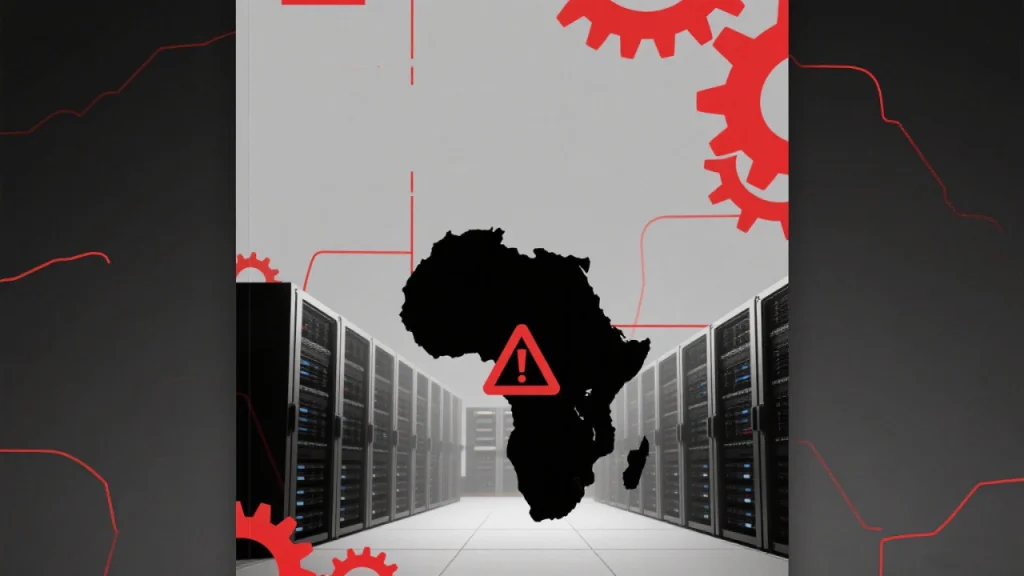- Registry under court-appointed control, with no functional board.
- Legal disputes and rule changes spark calls for external intervention.
Court control and governance failures deepen crisis
The African Network Information Centre (AFRINIC), tasked with allocating IP addresses across Africa, has for an extended period operated without an elected board or chief executive. It is currently managed by a court-appointed receiver, concentrating decision-making in one office rather than in community-elected representatives.
Recent controversies, including election cancellations and abrupt rule changes, have raised concerns that AFRINIC is operating outside its own constitution. The registry’s long-running legal battle with Cloud Innovation — which began after AFRINIC’s March 2021 letter alleging breaches of the Resource Services Agreement — has become a defining flashpoint. Critics argue that AFRINIC’s actions, such as freezing IP resources, undermine trust and stability in Africa’s digital ecosystem.
AFRINIC’s governance is also under international scrutiny. Observers question whether ICANN’s engagement with AFRINIC’s executive-aligned processes risks legitimising political overreach and weakening the principles of community-led policy-making.
Also read: AFRINIC launches voter onboarding ahead of board election
Also read: AFRINIC election: 2nd attempt to delay voting fails
Governance credibility on the line
The absence of a functioning board for over two years has left AFRINIC’s policy-making paralysed. Stakeholders say that without transparent, lawful elections and compliance with its own bylaws, the registry cannot regain legitimacy.
Cloud Innovation and other critics have called for external intervention under ICP-2, which would allow an existing Regional Internet Registry — such as RIPE, ARIN, or APNIC — to assume AFRINIC’s responsibilities. This, they argue, could restore operational stability and safeguard Africa’s internet governance from further political capture.
Until AFRINIC resolves its governance breakdown, its ability to manage Africa’s internet resources transparently and independently will remain in doubt — leaving the continent’s digital sovereignty at risk.

